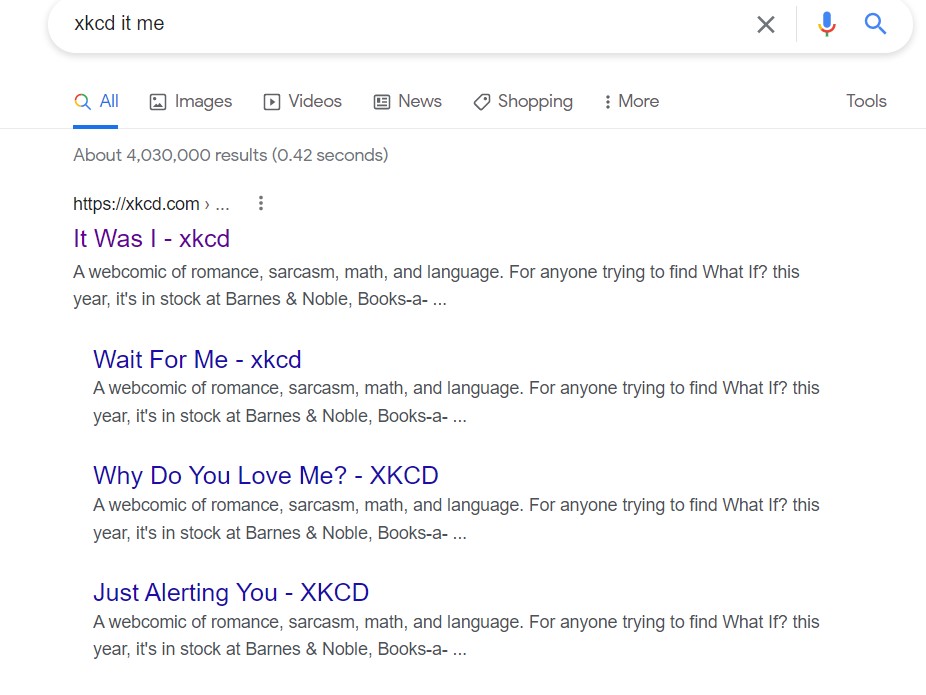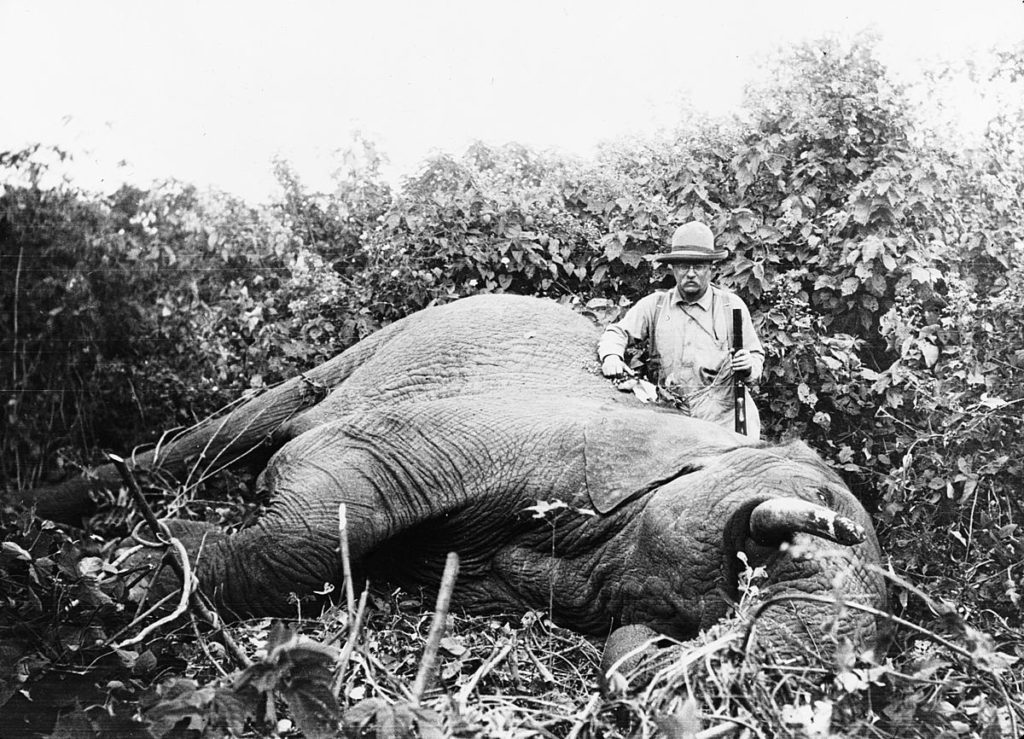If you’ve used Google in the past few months, and you probably have, you may have noticed something strange in the search engine results page (SERP): Some of the listings were indented (UPDATE: In October, 2023, Google stopped visually indenting the links. However, it has continued to list multiple pages (generally up to 2) from the same domain in the SERP for a given query, so the rest of the content in this post still applies). The search engine savvy among you may have noticed that the indented listings were from the same domain as the last listing that was aligned left:

What is going on here, why does it impact your online legal content marketing and legal blogging, and what is poaching?
Google’s New Indented Search Results
Back in October, Google rolled out another new change in its SERP. This newest feature delivers multiple results for a search query from the same domain. That means that the same website can have more than one page rank for the same query.
Before October, this was rare. Google used to list the most relevant and important page from a domain for the query. Now, single domains are getting two, three, and sometimes four or even five listings in the same SERP.
The new feature is widespread, too. While Google started playing with it in July, by October, indented results were present in close to 40 percent of the SERPs.
Interestingly, these indented results are counted in the SERP’s limit. Each page in the results has 10 listings. These indented listings count towards the 10.
Big Impact on Branded Searches
One of the most prevalent changes that this makes for online marketing has to do with branded searches. These are navigational queries where someone uses a search engine to find a business by name. An example would be if someone wanted to get to the website for Jones Law Firm, and Googled “Jones Law Firm.”
Branded searches are important first steps for nearly all online marketing campaigns. You want to be at the top of these branded searches in order to capture those extremely warm leads. You also want to increase the price of the paid advertisements for your branded searches to keep other law firms from siphoning these leads off through competitive keyword advertising.
With indented search results, law firms can dominate the listings in branded searches. You’re no longer limited to just securing the top spot. With indented results, you can take up to half the page.
The Problem of Poaching Has Changed
Less prevalent, but more important, though, is the possibility that the indented results will reduce the need to take anti-poaching measures with online content.
We haven’t directly talked about poaching on our blog, yet. However, we have tackled it indirectly by talking about some related issues, like how keyword stuffing can confuse search engines by overusing similar terms or how each installment in a legal blog series can undermine the others.
The gist of poaching is simple: If your law firm’s website has two distinct pages on the exact same topic, what is a search engine to do? The pages are competing with each other. If the content in the two pages was combined into one, that single page would rank much better than the two, separately. Additionally, the traffic produced by the pages is split, undermining that important search engine metric.
When multiple pages are too similar, they will poach SEO pop from each other and undermine the other page’s success, to the detriment of your domain.
Taking anti-poaching measures is a fundamental aspect of SEO strategy. Writing five 500-word articles about the same thing is online marketing malpractice. Even if lots of those words are duplicative and you can only turn the five posts into a single article of 1,500 words, that single article of 1,500 words will almost certainly perform better.
Indented results reduce the necessity of these anti-poaching measures. However, we do not think that the new Google feature reduce their importance by very much.
While it is great to hear that Google is ranking all of the pages on a domain that the search engine’s algorithm deems to be relevant and important for the query, the reality is that those additional listings still seem to be bundled beneath the top-ranking page. If a domain has pages that would rank 18, 92, and 108 for a search query, signs suggest that Google’s new feature would take 92 and 108 and indent them beneath slot 18. This is better, but is still a worse outcome than combining those three pages into one and seeing it rank in the top 10.
